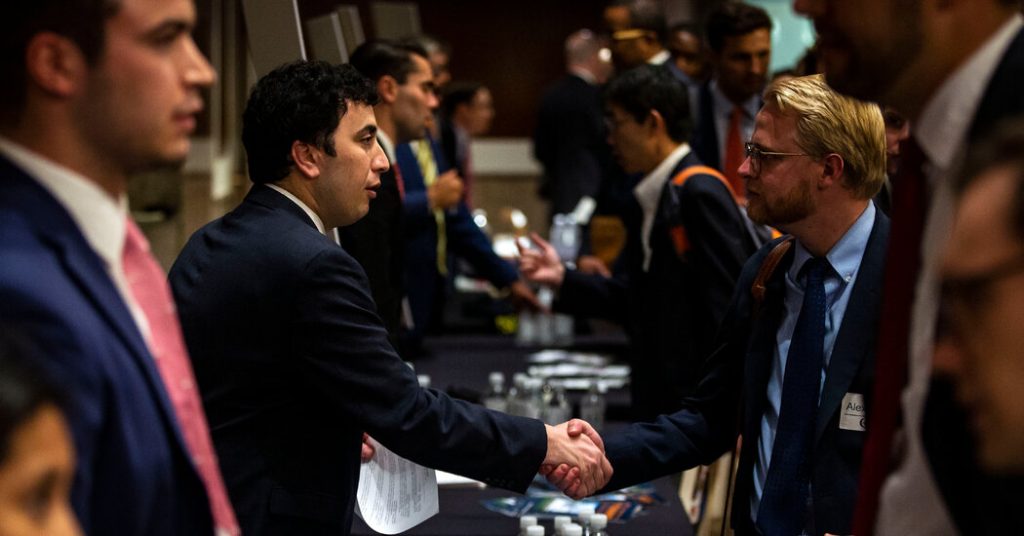The Conservative Partnership Institute (CPI), a nonprofit organization that saw a significant increase in funding after becoming a hub for President Donald J. Trump’s allies in Washington, has paid over $3.2 million since the beginning of 2021 to corporations led by its own leaders or their relatives. The nonprofit’s three highest-paid contractors were all connected to insiders, raising concerns about self-dealing and potential overpayment. While hiring insiders is allowed, these payments were made to opaque entities controlled by the nonprofit’s leaders, leading to questions about whether fair pricing was being charged.
The CPI, which is classified as a tax-exempt nonprofit, is supposed to use its funds for the public good rather than private interests. However, by entwining itself with only one faction of American politics and paying high salaries to some of Trump’s former officials, hosting retreats for Republican lawmakers, and funding efforts to vet people and ideas for a second Trump term, the nonprofit has pushed the limits of what is considered acceptable behavior for a charitable organization. Concerns have been raised about the lack of checks and balances in the organization’s dealings with insider-led companies.
The institute’s leaders have not responded to questions about the steps taken to prevent overpayment to insiders’ companies. While some of the insiders who had dual roles at the nonprofit and its vendors have acknowledged receiving payments from both entities, the specific rates charged by these companies have not been disclosed. The institute’s donors include several Republican political campaigns and conservative businesspeople who were unaware of the organization’s use of vendors with insider connections.
The relationships between the CPI’s leaders and their vendors were traced through charity and corporate filings, revealing that they had founded a series of companies in Delaware. These companies received millions of dollars in payments from the nonprofit, raising concerns about proper disclosure, fair pricing, and potential conflicts of interest. Legal experts caution against the practice of hiring insiders due to the risk of abuse of charity funds and recommend safeguards such as competitive bidding and recusal of leaders from decision-making processes.
While nonprofits can hire insiders under certain conditions, improper benefits provided to insiders could result in financial penalties or the revocation of tax-exempt status. The CPI’s payments to insider-connected companies have continued to raise questions about transparency and accountability within the organization. The recent formation of another company partly owned by a relative of the institute’s president, which was awarded a fundraising contract before it was legally formed, further underscores the need for scrutiny of the nonprofit’s practices. The CPI’s connections to the Trump administration and its allies have drawn attention to the potential risks associated with insider transactions in the nonprofit sector.


